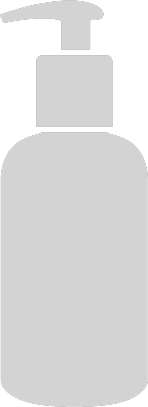

Homosalate.
What is it?
Homosalate is an oil-soluble organic compound known as an ester of Homomenthol and salicylic acid. It is a phenolic compound used primarily as a UV filter in sunscreens, able to absorb UVB rays within the 295 to 315 nm wavelength range. As a salicylate, it functions by absorbing ultraviolet light to minimize direct skin exposure to harmful sun rays.
Information
Homosalate is an oil-soluble organic compound known as an ester of Homomenthol and salicylic acid. It is a phenolic compound used primarily as a UV filter in sunscreens, able to absorb UVB rays within the 295 to 315 nm wavelength range. As a salicylate, it functions by absorbing ultraviolet light to minimize direct skin exposure to harmful sun rays.
Where does it come from?
Homosalate is an organic compound composed of carbon, oxygen, and hydrogen. It is part of a group called salicylates, which are derived from salicylic acid. Salicylic acid is derived from salicin, a compound found in the bark of willow trees. It is globally approved for use in sunscreens.
What are the benefits?
What are the benefits?
- Protective: Homosalate can protect the skin from UVB radiation, which can lead to sunburn and the signs of maturing skin. By absorbing UVB rays, it minimizes both short-term and long-term effects.
- Stability: It remains stable under sun exposure, ensuring potent and long-lasting protection.
- Compatibility: Acts as a solvent for other UV filters, improving their stability and performance in sunscreen formulations.
Safety: Studied for safety and considered low risk for triggering irritation with low skin penetration.
How is it used in our products?
Homosalate is used in F42 Corrective Face Cream from OLIVEDA. Included for its ability to absorb UV rays and provide broad-spectrum skin protection. Its role as a solubilizer for other UV filters contributes to the overall efficacy of the sunscreen. Moreover, it has a favorable environmental profile; it is biodegradable, non-bioaccumulative, and lacking known aquatic toxicity.
© OLIVE TREE PEOPLE INC. 2026. ALL RIGHTS RESERVED.
Use left/right arrows to navigate the slideshow or swipe left/right if using a mobile device

























